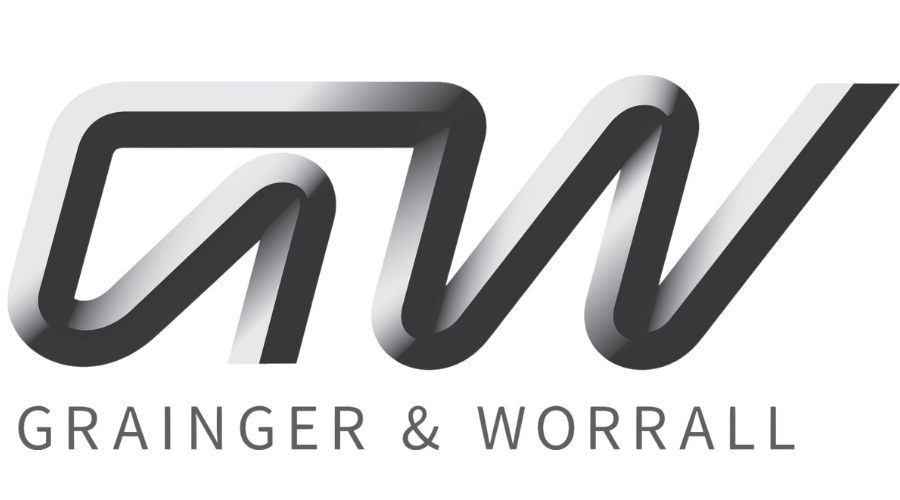A Guide to Managing Sick Leave in the Workplace: Best Practices and Policies
Sick leave is a necessary benefit that allows employees to take time off work when they are ill or injured. For employers, managing sick leave can be a challenge, especially when it comes to ensuring compliance with legal requirements and balancing the needs of the business with the needs of employees. With the ongoing COVID-19 pandemic, managing sick leave has become more important than ever before, as employers must prioritize the health and safety of their workforce.
In this article, we'll provide a comprehensive guide to managing sick leave in the workplace. We'll cover the legal requirements surrounding sick leave, including employee entitlements and employer obligations. We'll also provide best practices and policies for managing sick leave requests and supporting employee well-being. By following these guidelines, employers can ensure compliance with legal requirements while promoting a healthy workplace culture that prioritizes employee well-being.
Understanding Sick Leave: Legal Requirements and Employee Entitlements
In the UK, employers have legal obligations to provide employees with time off work when they are ill or injured. The legal framework for sick leave is set out in the Employment Rights Act 1996, which outlines the minimum standards for sick leave entitlements.
Under UK law, employees are entitled to a minimum of 28 days of paid leave per year, which includes sick leave. This entitlement may be higher under certain employment contracts or collective agreements. Employers must ensure that their sick leave policies comply with legal requirements and provide employees with the minimum entitlements.
Additionally, the law requires employers to pay Statutory Sick Pay (SSP) to employees who meet certain eligibility criteria. SSP is paid for up to 28 weeks and is currently set at £96.35 per week. Employers can choose to provide more generous sick pay arrangements, but they must ensure that their policies are clear and consistent.
It is important for employers to be aware of their legal obligations and to have clear policies and procedures in place for managing sick leave. Failure to comply with legal requirements can lead to legal disputes and reputational damage, so it is essential for employers to take a proactive approach to managing sick leave and supporting employee well-being.
Managing Sick Leave Requests: Policies and Procedures for Employers
Managing sick leave requests is an important part of ensuring a healthy workplace culture and complying with legal requirements. Employers should have clear policies and procedures in place for managing sick leave requests, including guidelines for reporting absences, documentation requirements, and time-off procedures.
One best practice for managing sick leave requests is to require employees to provide documentation of their illness or injury. Documentation can help employers to verify the legitimacy of sick leave requests and ensure that employees are not abusing the system. Employers should clearly communicate their documentation requirements to employees and provide guidelines for what types of documentation are acceptable.
Another best practice is to have a system in place for reporting absences and requesting sick leave. Employers should ensure that employees know who to contact and how to report their absences in a timely manner. This can help employers to manage their workforce effectively and ensure that they have adequate staffing levels to meet business needs. Employers may also want to consider implementing an electronic system for reporting absences and requesting sick leave, as this can streamline the process and reduce administrative burden on HR teams.
Supporting Employee Well-Being: Strategies for Promoting a Healthy Workplace Culture
Promoting employee well-being is a key component of managing sick leave and creating a healthy workplace culture. Employers should prioritize employee well-being by providing resources and support to help employees maintain their physical and mental health. This can include initiatives such as wellness programs, flexible work arrangements, and employee assistance programs.
One strategy for promoting employee well-being is to provide resources and education on healthy living. Employers can offer wellness programs such as fitness classes, healthy eating workshops, and smoking cessation programs to help employees make positive lifestyle changes. Employers can also provide resources such as healthy snack options and ergonomic workstations to support employee well-being in the workplace.
Another strategy is to offer flexible work arrangements such as telecommuting or flexible scheduling. This can help employees to balance their work and personal responsibilities, reducing stress and promoting a healthier work-life balance. Employers can also consider offering employee assistance programs (EAPs) to provide support for employees dealing with personal or work-related challenges. EAPs can offer resources such as counseling, financial planning, and legal advice, helping employees to address personal issues that may affect their work performance and well-being.
Harness the Power of HRMS to Manage Sick Leave and Promote Employee Well-Being
Managing sick leave is an important aspect of HR management, and it requires careful planning and execution to ensure legal compliance and support employee well-being. By understanding legal requirements and employee entitlements, establishing clear policies and procedures, and promoting a healthy workplace culture, employers can manage sick leave requests effectively and support their employees' overall health and well-being.
At HealthBoxHR, we understand the importance of managing sick leave and promoting employee well-being. Our HRMS software provides a range of tools and features that can help businesses to manage sick leave requests, track employee absences, and provide resources for promoting employee well-being. Our software is flexible, scalable, and customizable, allowing businesses to tailor their HR management processes to meet their specific needs and requirements.
In addition to sick leave management, HealthBoxHR's HRMS software also provides a range of other modules to support various HR processes, including payroll, recruitment, and performance management. Our software is designed to streamline HR processes, reduce costs, and increase productivity, providing a competitive advantage in today's rapidly changing business environment.
Overall, HealthBoxHR's HRMS software can help businesses to manage their HR processes more effectively, providing a solid foundation for managing sick leave and promoting employee well-being. We are committed to providing high-quality, reliable, and secure software solutions that meet the needs of businesses of all sizes and industries. Contact us today to learn more about how we can help you streamline your HR processes and support your employees' well-being.































